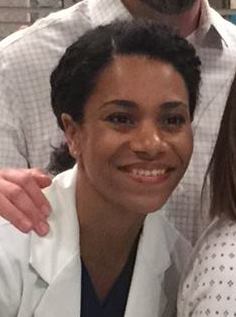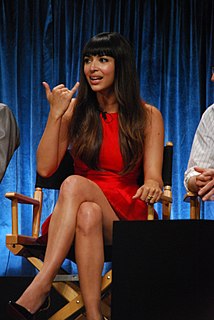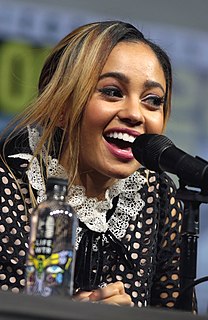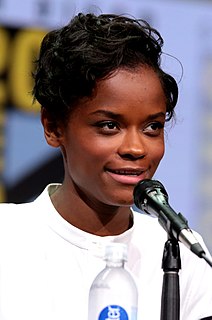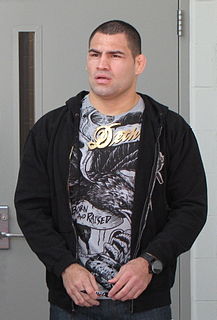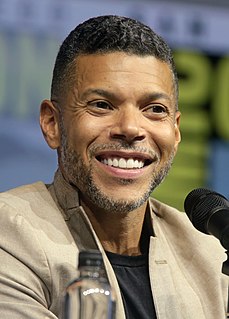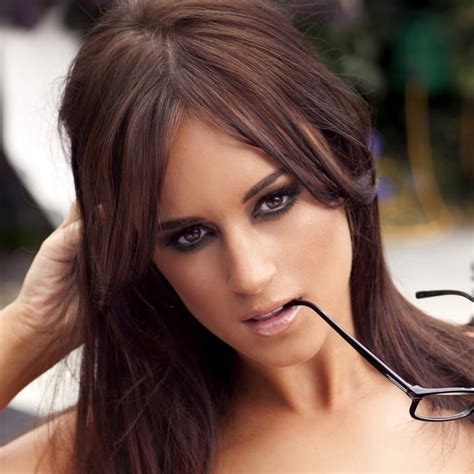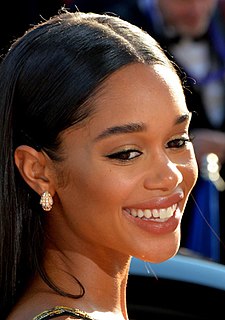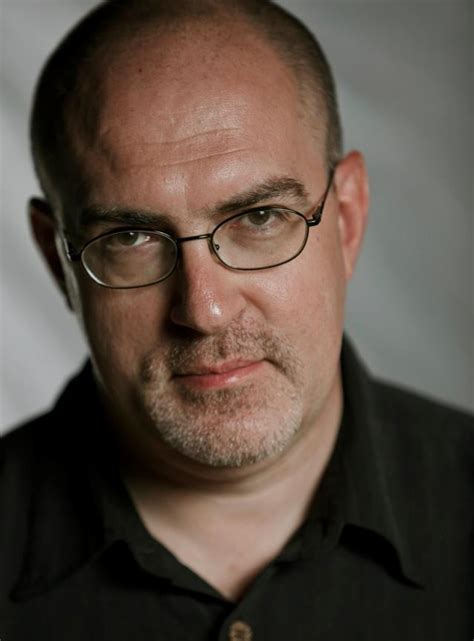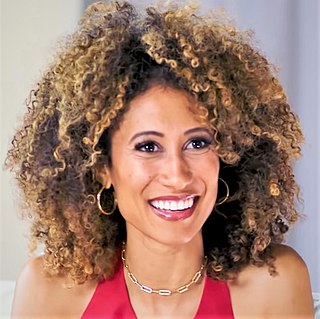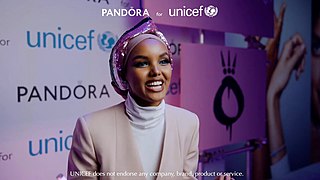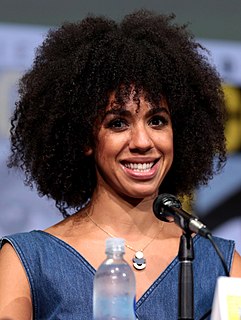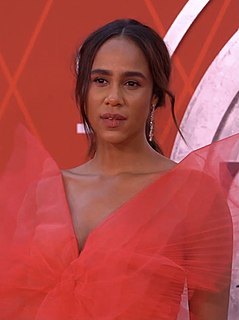A Quote by Kelly McCreary
I didn't see a lot of women who looked like me on TV when I was growing up.
Related Quotes
I'll never forget, Christine Woods came up to me on set and she looked at me so seriously and held my hand, and she's like, "Kether, look at me. In real life, we are beautiful, beautiful women. No one thinks we're fat. In TV, we are TV fat and we just have to get used to it. Don't ever take it personally. We're TV fat. End of story".
When I was younger, I didn't have that type of person that I could look up to and be like, 'OK, this is someone who dresses like me and I relate to.' I didn't have that growing up, so to give that opportunity to a younger generation of women - and not just Somali women, but anyone who feels different - that means a lot to me.
